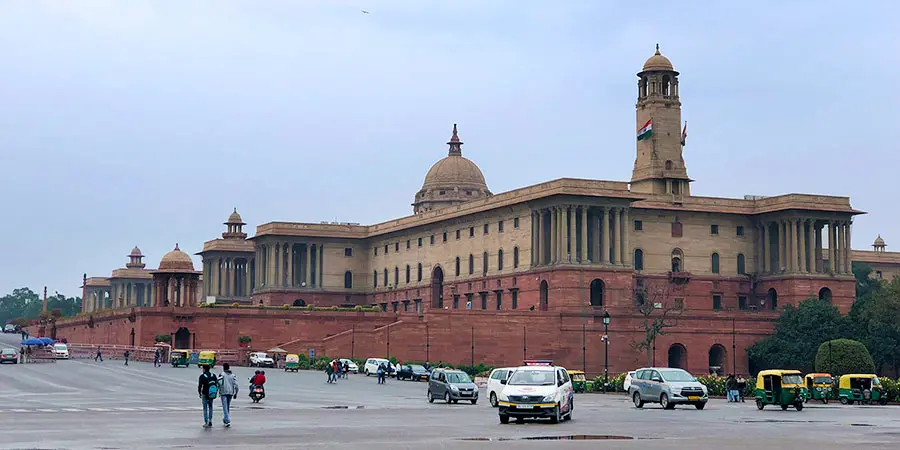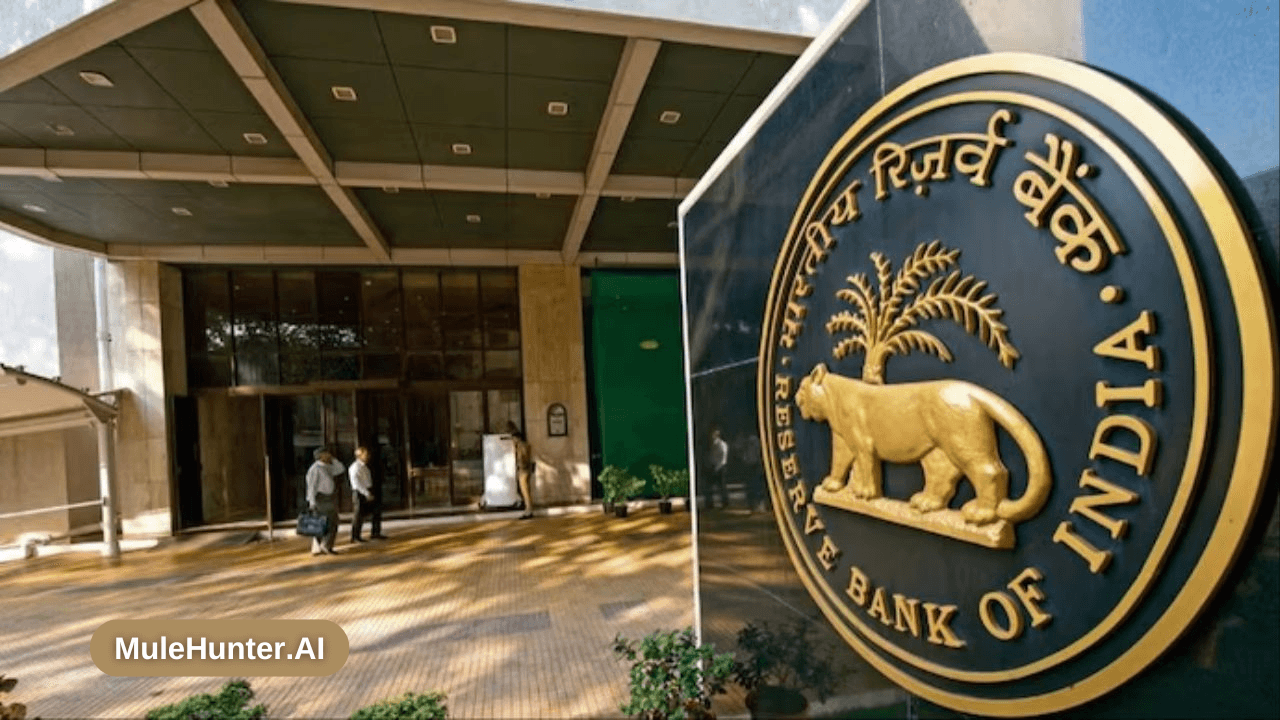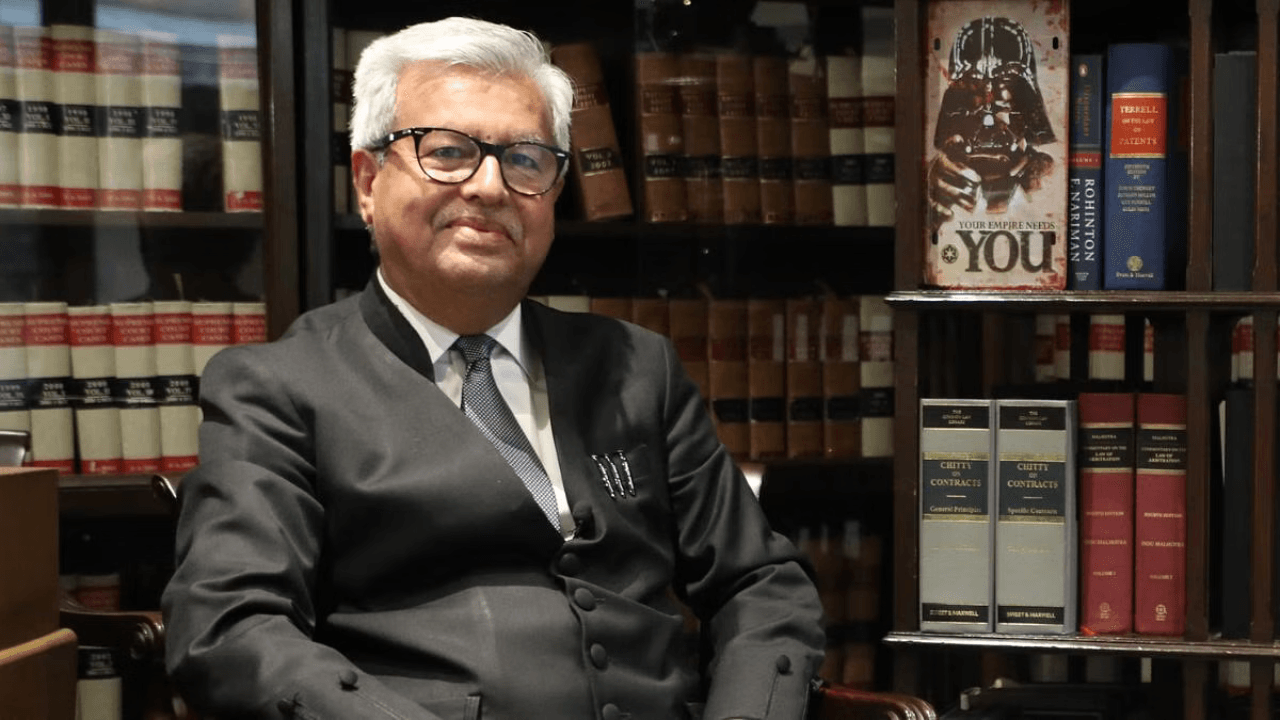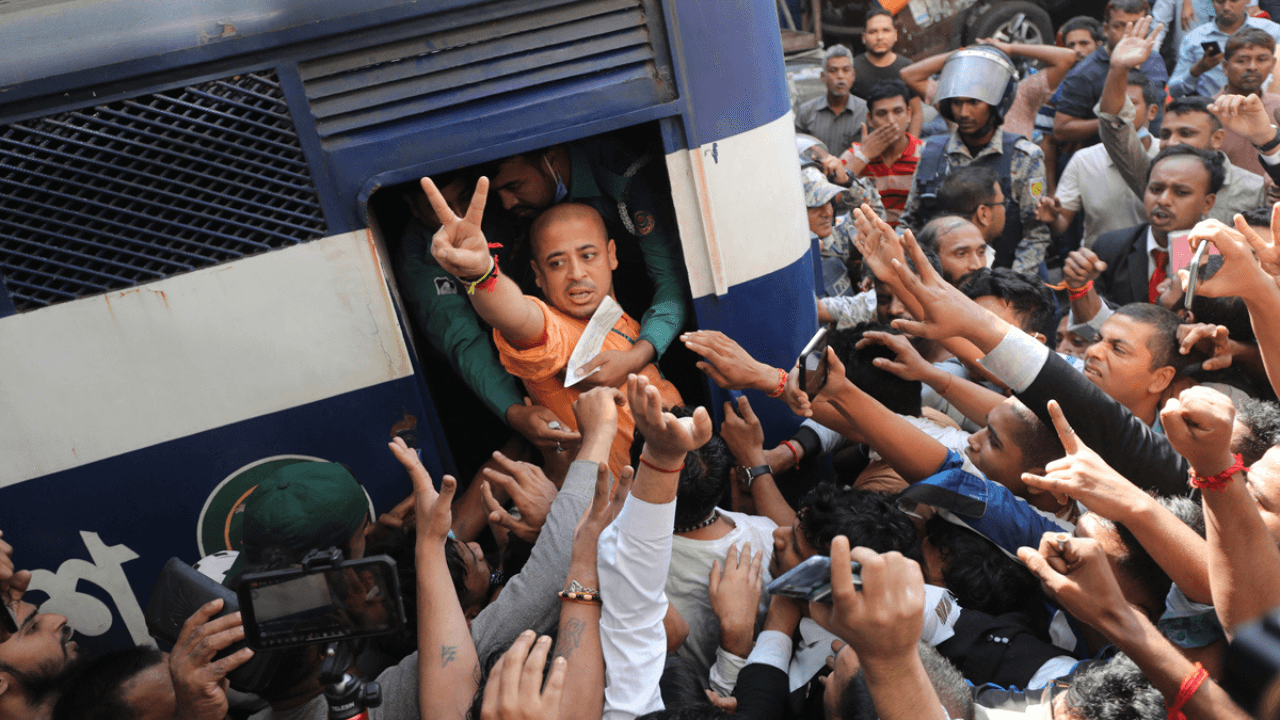As India gears up for its 2024 general elections from April 19 to June 1, the spotlight is on the crucial role of digital technologies in shaping electoral outcomes. With Prime Minister Narendra Modi leading the charge and over 960 million eligible voters, this election is poised to be the largest in history. It offers a unique window into the strategic use of journalism, social media, and internet governance. This article explores how these digital platforms are being leveraged to influence the voting landscape amidst ongoing discussions about media integrity and online freedoms, marking a critical juncture in the world’s largest democracy.
The Indian Electoral Landscape: Modi at the Center Stage
India is on the brink of a democratic spectacle, embarking on a series of elections set to roll out in seven phases across various states, concluding with the announcement of results on June 4. This electoral marathon is distinctly centred around Prime Minister Narendra Modi, whose tenure has deeply polarised the nation’s political scene. The battle lines are drawn between the right-leaning National Democratic Alliance (NDA), led by Modi’s Bharatiya Janata Party (BJP), and the Congress-led United Progressive Alliance (UPA), which tilts toward the left.
Despite the clear divisions at the national level, the reality on the ground is a complex patchwork of state-level coalitions and shifting allegiances, making the elections less about ideological battles and more a referendum on Modi’s leadership.
Social Media: The New Electoral Battleground
With each passing election, social media’s influence over the Indian political landscape becomes more pronounced. Dubbed the ‘YouTube election’ of 2024, this year highlights the platform’s increasing role in shaping public opinion, especially among the urban English-speaking population. However, traditional media such as television and newspapers still play a dominant role in rural areas, where the digital divide persists.
Disinformation and targeted campaigns have become hallmarks of modern Indian elections, with political parties leveraging these tools to sway voter sentiment and mobilise base support. The BJP, in particular, has excelled at this, establishing a formidable digital and ground campaign machine that has left opposition parties scrambling to catch up.
Press Freedom: A Declining Democracy’s Achilles Heel
Journalism in India faces its most challenging phase yet, with press freedom deteriorating sharply. Ranked 161st in the 2023 World Press Freedom Index, the country’s media landscape is marred by concentrated ownership and political affiliations that skew public discourse. Instances of harassment and violence against journalists who critique the government have created an atmosphere of fear and self-censorship.
This troubling trend reflects a broader global issue where media corporatisation compromises journalistic integrity, a situation that has unfolded dramatically in India under Modi’s watch.
Internet Governance and the Shadows Over Election Integrity
The Modi government’s handling of Internet governance has sparked significant controversy, particularly with the implementation of the 2021 Information Technology Rules. Critics argue that these rules are designed to suppress dissent and control the narrative by imposing strict regulations on digital news outlets and social media platforms.
The suppression of a BBC documentary critical of Modi and the stringent content moderation policies underscore the government’s intent to curtail freedoms online, raising questions about the fairness of the electoral process and the authenticity of public discourse.
Digital Campaigning and the Privacy Paradox
As the 2024 elections unfold, the use of digital data for political campaigning has emerged as a double-edged sword. While it offers parties the ability to reach voters directly, it also raises serious privacy concerns, particularly given the absence of robust data protection laws in India.
The BJP’s use of government databases for voter outreach has been particularly contentious, with accusations of data misuse and voter manipulation highlighting the need for stricter oversight and ethical guidelines in digital campaigning.
Democracy in the Digital Age
The 2024 Indian elections serve as a critical test of how democracy can balance the benefits of digital innovation with the imperative to maintain electoral integrity and protect civil liberties. As the country navigates these complex digital frontiers, the outcomes will not only shape India’s political future but also offer valuable lessons on managing democracy in the digital age for the rest of the world.












